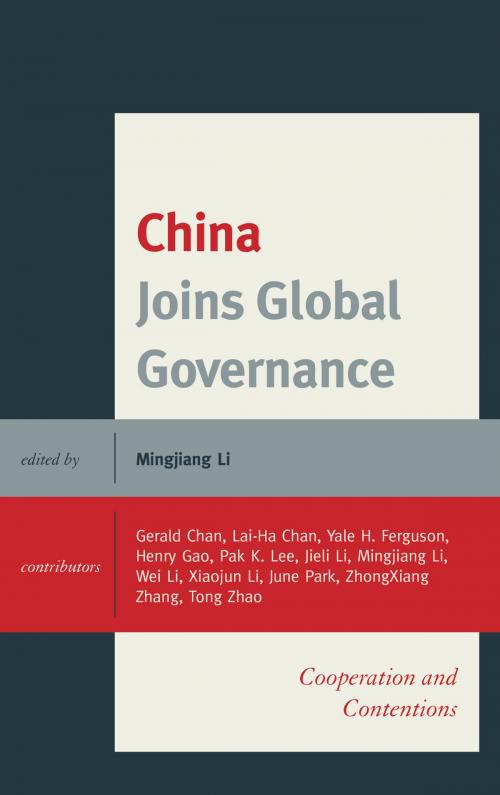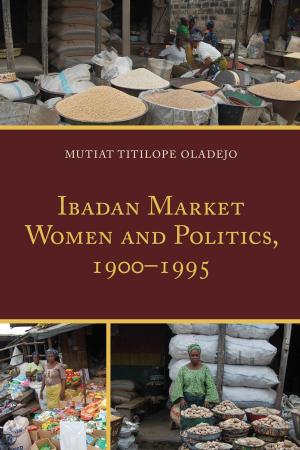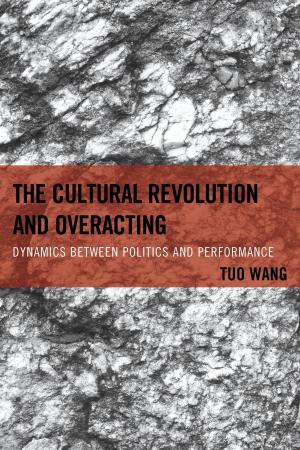China Joins Global Governance
Cooperation and Contentions
Nonfiction, Social & Cultural Studies, Political Science, Politics, Economic Conditions, History, Asian, China, International, International Relations| Author: | Gerald Chan, Lai-Ha Chan, David Fouquet, Henry Gao, Pak K. Lee, Jieli Li, Wei Li, Xiaojun Li, Yawei Liu, June Park, Jianwei Wang, Zhong Xiang Zhang, Tong Zhao, Yale Ferguson | ISBN: | 9780739176788 |
| Publisher: | Lexington Books | Publication: | September 28, 2012 |
| Imprint: | Lexington Books | Language: | English |
| Author: | Gerald Chan, Lai-Ha Chan, David Fouquet, Henry Gao, Pak K. Lee, Jieli Li, Wei Li, Xiaojun Li, Yawei Liu, June Park, Jianwei Wang, Zhong Xiang Zhang, Tong Zhao, Yale Ferguson |
| ISBN: | 9780739176788 |
| Publisher: | Lexington Books |
| Publication: | September 28, 2012 |
| Imprint: | Lexington Books |
| Language: | English |
For many years, political leaders and analysts have debated the impacts of China’s rise on the stability of the existing international system. International observers have also debated whether China would be a status quo power or a revisionist power, and whether China would observe the rules and regulations of international institutions and regimes. China Joins Global Governance: Cooperation and Contentions, edited by Mingjiang Li, provides an insightful contribution to our understanding of these issues through a specific angle: China’s role in global governance.
The contributors to this volume address such questions as, how has China dealt with major global institutions and regimes? How has China helped address various global challenges? How is China’s rise changing the international approach to global governance? The contributors cover a broad range of issues, including China’s vision and strategy in global multilateralism, China’s role in global economic/financial/trade governance, China’s policy towards the global environment and international development, and China’s approaches to various global security issues such as nuclear disarmament and nonproliferation. China Joins Global Governance is an essential text in understanding the future trajectory of China’s international policy.
For many years, political leaders and analysts have debated the impacts of China’s rise on the stability of the existing international system. International observers have also debated whether China would be a status quo power or a revisionist power, and whether China would observe the rules and regulations of international institutions and regimes. China Joins Global Governance: Cooperation and Contentions, edited by Mingjiang Li, provides an insightful contribution to our understanding of these issues through a specific angle: China’s role in global governance.
The contributors to this volume address such questions as, how has China dealt with major global institutions and regimes? How has China helped address various global challenges? How is China’s rise changing the international approach to global governance? The contributors cover a broad range of issues, including China’s vision and strategy in global multilateralism, China’s role in global economic/financial/trade governance, China’s policy towards the global environment and international development, and China’s approaches to various global security issues such as nuclear disarmament and nonproliferation. China Joins Global Governance is an essential text in understanding the future trajectory of China’s international policy.















